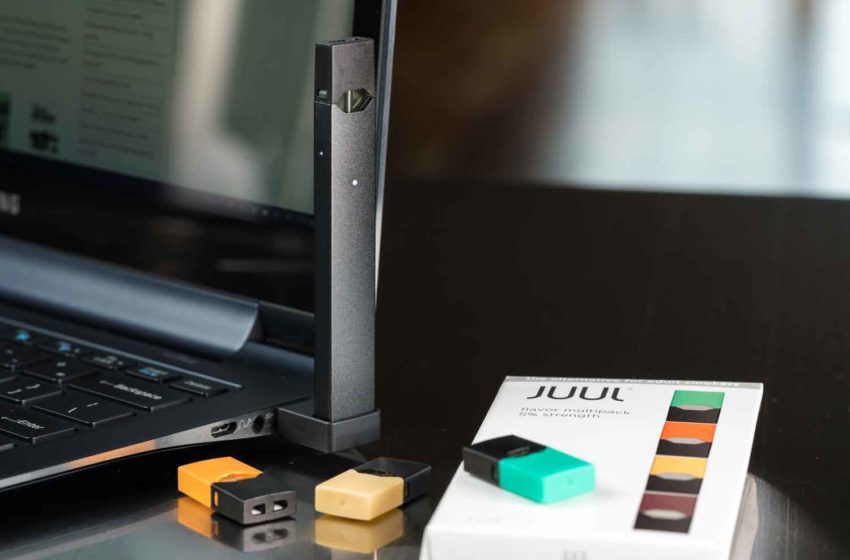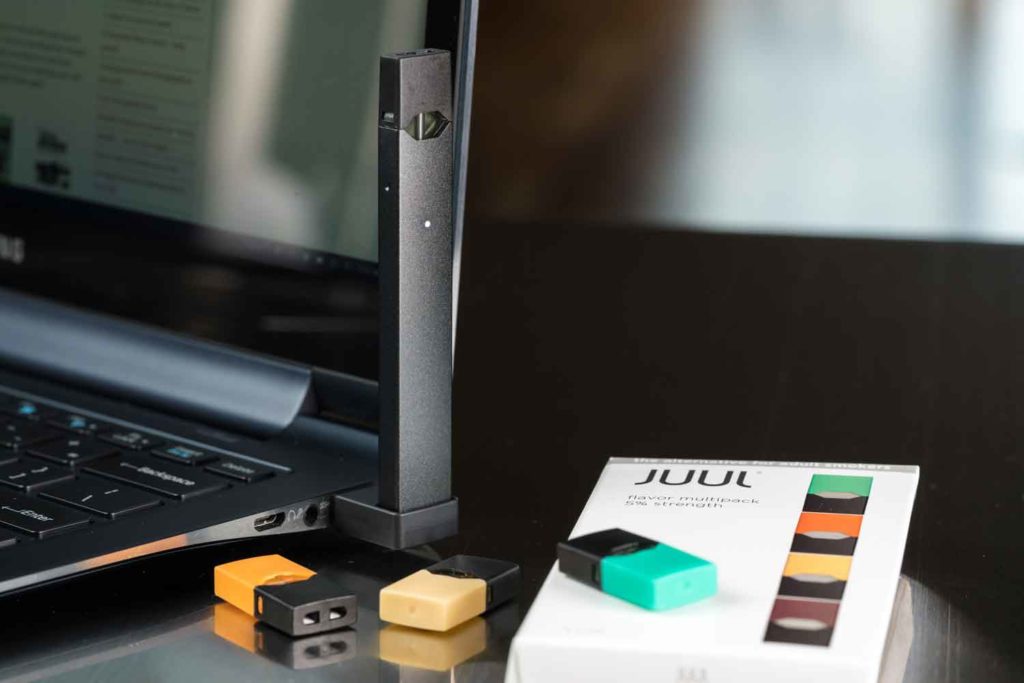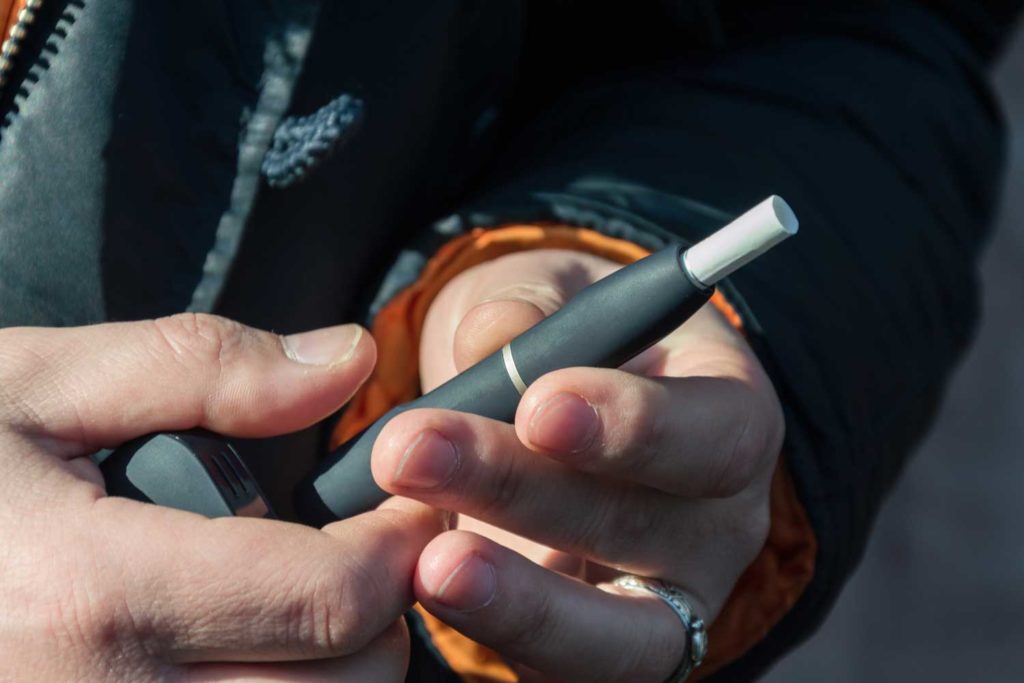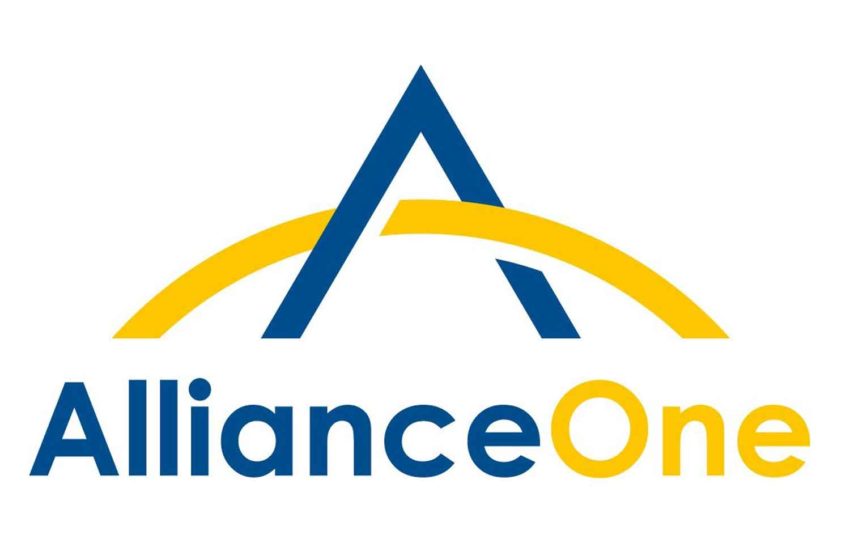
Smoore has been recognized by the Shenzhen Municipality Industrial Design Development Support Program for its innovation and design capabilities.
The municipality singled out the vaping technology’s specialist for its “innovative design and achievement transformation of closed-pod electronic atomizer based on leadless ceramic heating technology.”
The industrial design team of Feelm, Smoore’s flagship atomization brand, has designed a number of solutions that combine consumer experience with advanced smart manufacturing.
Between 2020 and 2022, Feelm’s industrial design team won eight prestige International design awards, including the Red Dot Award, the iF Design Award, the German National Design Award and the MUSE Design Award.
In 2022, won a Red Dot Product Design Awards for four products, including a lipstick-inspired vaporizer with a twistable nozzle that prevents dust from collecting on the mouthpiece, and an eco-friendly disposable e-cigarette composed of recyclable and reusable aluminum foil.
“Feelm design is devoted to helping clients in improving the user experience from the perspective of a vaping tech brand,” said Totom Lu, head of Feelm Industrial design team, in a statement. “I think the future direction of design of closed-pod vaping solution should lean on three dimensions: product experience, emotional experience—to identify problems before users notice them—and sustainable experience, to focus on product sustainability.”










 Alliance One International recently partnered with the Federal University of Lavras (UFLA) in Minas Gerais, Brazil, to provide third-party, specialized training to its agronomic employees around the world. The program was established to promote an enhanced employee skillset, which ultimately can benefit AOI’s contracted farmers through improved efficiencies and maximized income potential.
Alliance One International recently partnered with the Federal University of Lavras (UFLA) in Minas Gerais, Brazil, to provide third-party, specialized training to its agronomic employees around the world. The program was established to promote an enhanced employee skillset, which ultimately can benefit AOI’s contracted farmers through improved efficiencies and maximized income potential. 








